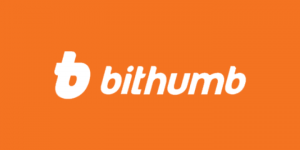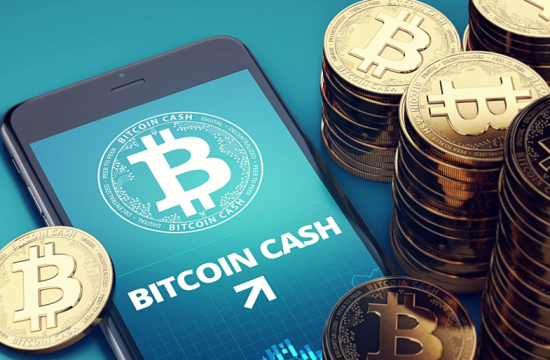Bithumb, one of South Korea’s big four exchanges — alongside Coinone, Korbit, and Upbit — exchange is moving to block the use of anonymous wallets.

Starting January 27, the leading crypto platform announced that its users will not be able to withdraw their crypto assets to unverified private wallets.
Citing the need to ensure that customers are not using crypto for illegal activities such as money laundering, Bithumb users will have to register their external wallets with the exchange. This requires submitting personal information such as full name, email addresses, and mobile phone number. Otherwise, they will no longer be allowed to withdraw their funds held at their exchange accounts.
Bithumb, however, has indicated that it will accept withdrawals to external wallets that apply stringent Know Your Customer (KYC) verification. This includes custodial wallets at centralized exchanges like Kraken, Bitstamp, Blockchain.com, Bybit and Binance.US.
To the contrary, wallets that do not have their own KYC system such as MetaMask, Trezor, and Ledger, will no longer be usable for Bithumb customers.
The move comes barely a month after Coinone, also one of the “Big Four” crypto exchanges in South Korea, stopped withdrawals to non-verified external wallets.
Exchanges without qualifications face closure
Korean regulators have taken a series of measures to curb suspicious crypto transactions. For instance, the country’s crypto exchanges are mandated to various requirements such as data maintenance, internal controls, reporting illegal transactions, and performing KYC to verify customer identities.
Less than half of Korea’s cryptocurrency exchanges met a legal deadline to put themselves under regulatory supervision. However, they still face challenges such as risks from legal breaches and an inability to convert coins into Korean won. On top of these stricter rules, crypto exchanges must obtain a security certificate from the Information Security Management System (ISMS).
Industry experts estimate that more than 35 exchanges will discontinue their operation or reduce services. They will have to cease their service either because they failed to register with the nation’s anti-money laundering body, or because they were unable to have real-name bank accounts issued by commercial banks.
Upon completing real-name verification and partnering with a local bank, digital assets platforms are required to acquire a license from the country’s Financial Intelligence Unit (FIU). This is a unit of the Financial Services Commission (FSC), the country’s top financial regulator.












